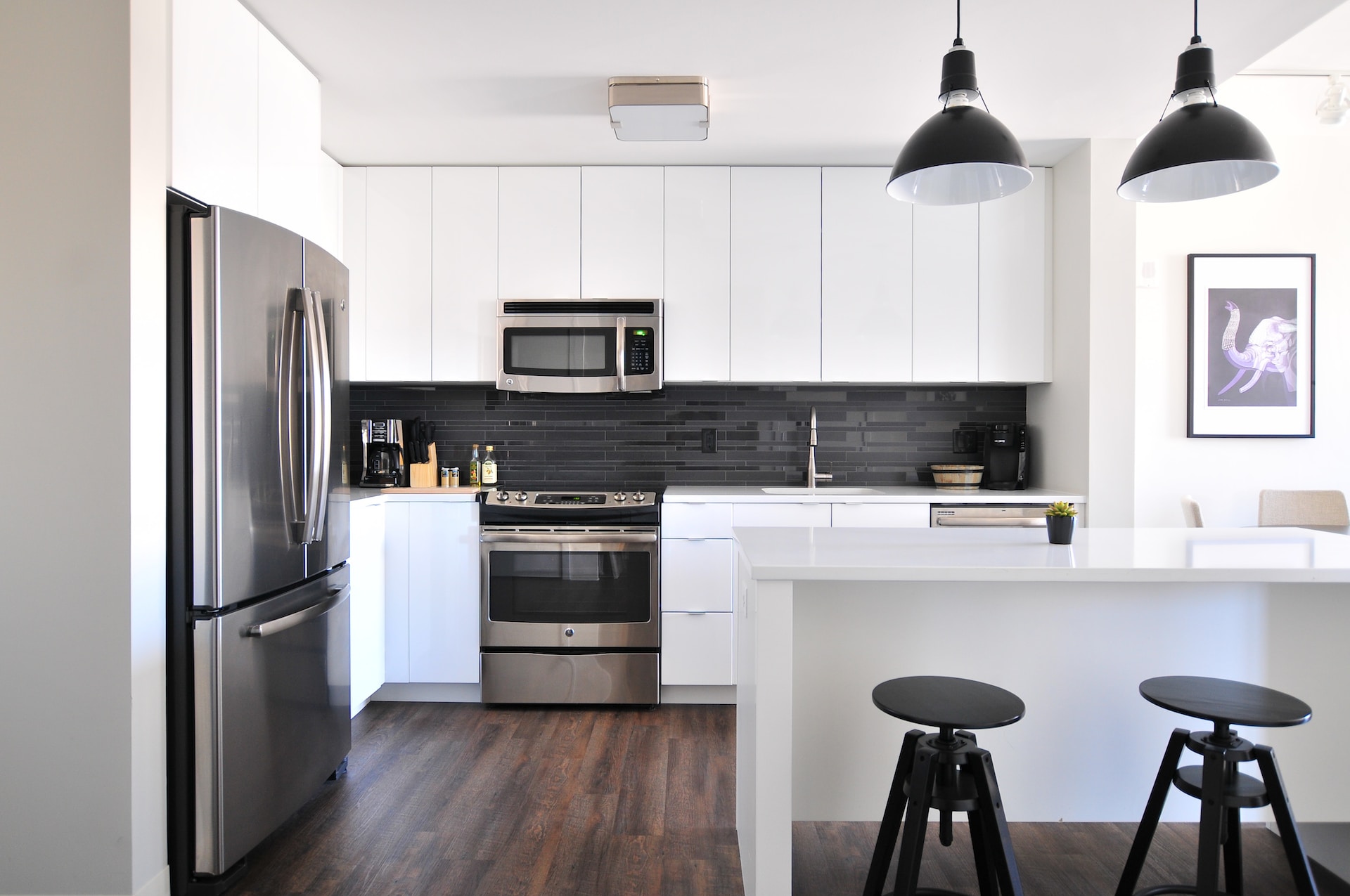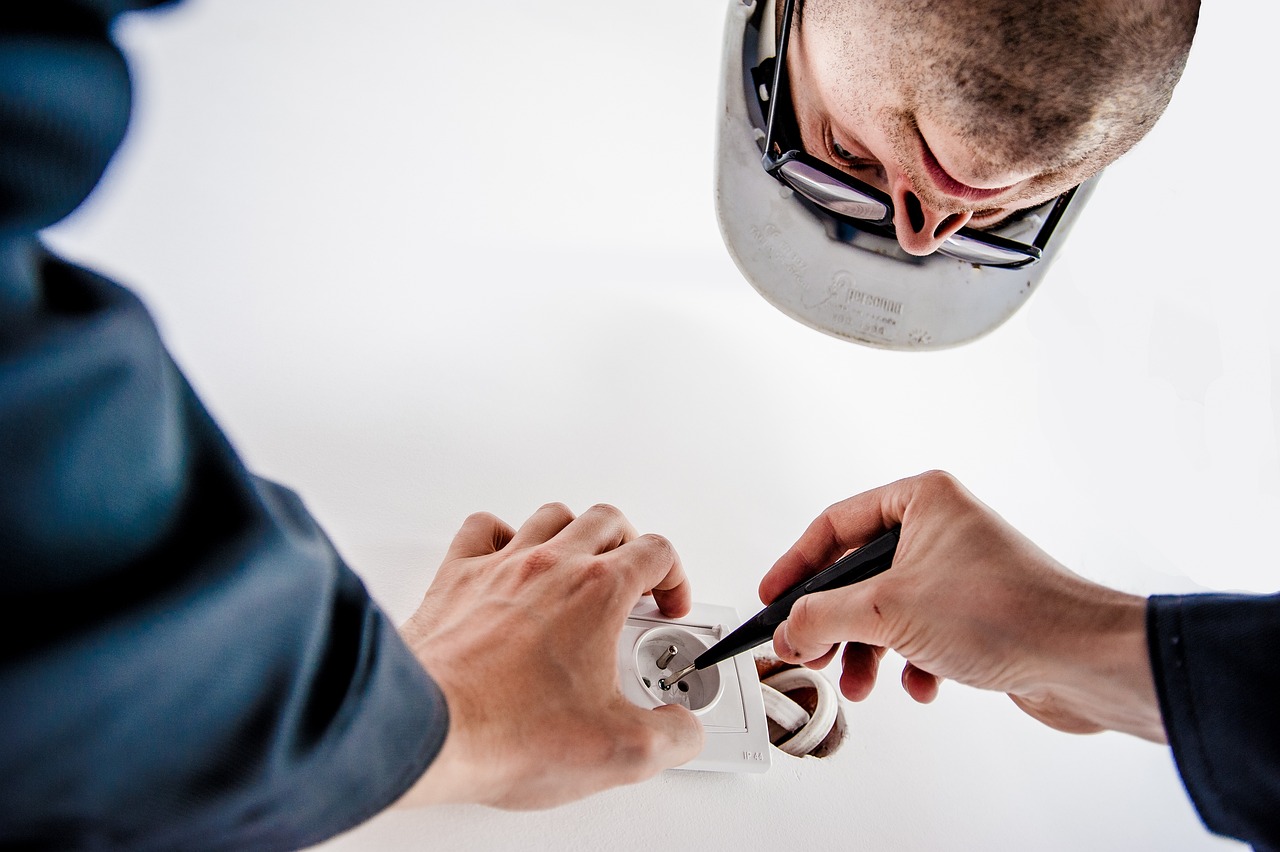
Things to Consider When Dealing with Kitchen Repairs
The kitchen is the heart of any home, where meals are prepared, memories are made, and conversations flow. However, like any other part of your house, the kitchen is prone to wear and tear over time, or you may need to pay the cost to replace kitchen cabinets and other appliances. When kitchen repairs become necessary, it’s important to approach the situation thoughtfully. Here are six crucial factors to consider when dealing with kitchen repairs.
Assess the Damage Thoroughly
Before diving into any repairs, take the time to assess the damage thoroughly. Is it a leaky faucet, malfunctioning appliances, damaged countertops, or something else? Understanding the extent of the problem will help you plan the repairs effectively. It might be wise to consult with a professional to ensure an accurate assessment of complex issues.

DIY vs. Professional Help
Once you know the nature of the repairs, determine whether it’s a task you can handle yourself or if it requires professional intervention. Simple tasks like changing a cabinet handle can be DIY projects, but intricate issues such as electrical problems demand the expertise of a licensed professional. Attempting complex repairs without the right skills can exacerbate the problem and lead to more expenses in the long run.
Quality of Materials
When it comes to kitchen repairs, the quality of materials used matters. Whether replacing a broken tile or installing a new sink, opt for durable materials that can withstand the rigors of a kitchen environment. Investing in quality materials might incur a slightly higher upfront cost, but it will ensure the longevity of your repairs and save you from frequent maintenance.
Time Frame
Consider the time frame within which you need the repairs completed. Some repairs might be urgent, especially if they affect the functionality of your kitchen. Plan the repairs according to your schedule and any upcoming events or occasions the kitchen’s downtime might impact.

Budget Considerations
Repairs, whether minor or major, can impact your budget. Create a realistic budget that includes material costs, labor charges (if hiring professionals), and any unforeseen expenses that might arise during the repair process. A clear budget helps avoid overspending and ensures the repairs are financially manageable.
Future Maintenance
Think beyond the immediate repairs and consider the future maintenance requirements. Are there steps you can take to prevent similar issues in the future? Regular maintenance routines can go a long way in prolonging the life of your kitchen and minimizing the need for frequent repairs.
Conclusion
Dealing with kitchen repairs requires a balanced approach that considers the extent of damage, professional help, budget, material quality, time frame, and future maintenance. By carefully considering these aspects, you can ensure that your kitchen stays functional and inviting for years to come. Remember, whether handling minor fixes or major overhauls, a well-maintained kitchen adds value to your home and enhances your overall living experience.
